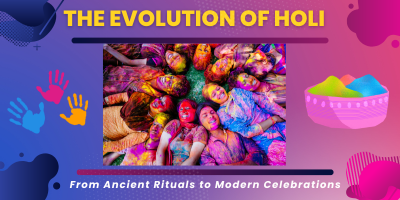
In 1947, a new India was born – Independent India; for which many great lives were sacrificed. The 1950s was a decisive decade; the period witnessed three fundamental moves. Law was established as a common instrument for all the Indians and was used to legally abolish the caste system and to correct the injustice of the system, what we all know as “reservations” or “protective discrimination”.
A constitutional list of castes and tribes was introduced. These categories had the facility of reservation in the fields of education and employment and were called Scheduled Castes and Scheduled Tribes as per the Constitutional Schedule, by the ruling Congress Party. Later it was introduced for the Backward Classes and under the V.P. Singh government, for the OBCs (other backward classes) in August 1990; when the government adopted the recommendations of the Mandal Commission, advising the extension of 27 per cent of job reservations for the OBCs, along with the already existing 25 per cent for SCs and STs. This move was made in order to strengthen the vote banks in the name of ensuring “social justice” to the underprivileged classes of Indian society.
Close on the heels of HRD Ministry was a move to introduce a “quota for OBCs”. The Union Health Minister decided to provide the OBCs a quota in the medical institutions under its jurisdiction, including A.I.I.M.S in New Delhi, P.G.I.M.E.R in Chandigarh, Vardhman Mahavir Medical College in Delhi and J.P.I.M.E.R. in Pondicherry. This incited a major response by the medical community in India few years back. Thousands of people, both doctors and students took to the streets to demonstrate against this decision. They clashed with the police; suffered the water cannons and tear gas that was used to disperse them. The then HRD Minister Mr. Arjun Singh assured the students and the doctors that he would discuss the matter with them. But, no major action was taken.
The BPO Council of ASSOCHAM has pointed out, if the reservations are implemented for admissions in I.I.M.s and I.I.T.s and medical colleges, on the basis of caste and not on the basis of merit; soon the quality of graduates and post-graduates from these institutions would fail to match global standards. In order to neutralise inequality, the government must endeavor to provide resources to the socially backward classes for providing them adequate primary and secondary education; which in fact, is a constitutional provision. Also, resources must be provided to increase the level of their expertise in education, so that they are capable of competing with their peers of socially higher classes, and gain admission to these institutions on the basis of their merit. Once such an initiative is taken, the social gap and privileges would become irrelevant in terms of the admission procedure.
The reservation issue needs a national consensus, as it will have a long term effect on the socio-economic and political structure of our country. The nation can face a major crisis if few people have knowledge and a majority has power. Thus, it is time for the students and the masses to begin questioning the lofty resolutions passed by the government and to take a stand for the benefit of the nation as a whole and not just a few community. This will prove to be instrumental in bringing about a political and social renaissance.